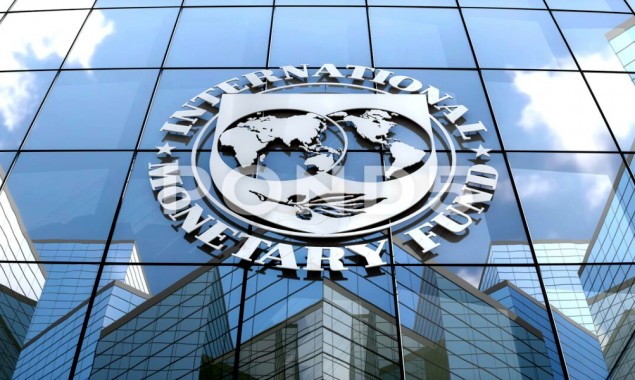
Pakistan and IMF reach staff-level deal. Image: File
The International Monetary Fund (IMF) has said it is expected to provide an emergency fund of around $25 billion for 70 countries as the novel coronavirus pandemic continues to grip the world.
Media reports said that spokesperson Gerry Rice said at a virtual press briefing that “We expect that number to be 70, so 70 countries supported by the IMF with emergency financing roughly about $25 billion.”
“This emergency financing is very fast-disbursing, countries receive the money within days, it does not carry traditional IMF conditionality,”
“It is money to be spent on paying for things like nurses’ and doctors’ salaries, and equipment, and medical equipment to deal with the crisis.”
For the Asia and Pacific region, seven countries have received emergency financing totaling about $1.5 billion, Rice said.
And in Sub-Saharan Africa, 28 countries have received emergency financing totaling almost $10 billion, Rice said, noting that the figure is much higher than the IMF’s average yearly lending of $1 billion to the region.
Over 100 countries have requested the IMF for emergency financing amid the pandemic, and the IMF said earlier this year that it had doubled access to its emergency facilities to meet the expected demand.
Earlier IMF predicted a worse contraction in the global economy due to the ongoing pandemic.
The chief economist of IMF Gita Gopinath said financial crisis triggered by the pandemic was more global and playing out differently than past crises, with the services sector hit harder than building in both advanced and emerging market economies, and inflation low across the board.
The Chief Economist of IMF Gita Gopinath said there were signs of early recovery in many countries that were reopening their economies, but new waves of coronavirus infections and reimposed lockdown measures still feigned risks.
Gopinath said the longer-term impact on tourism-dependent economies was a particular concern, and governments should pursue policies to reallocate workers from shrinking sectors to those with stronger prospects.
Read More News On
Catch all the Business News, Breaking News Event and Latest News Updates on The BOL News
Download The BOL News App to get the Daily News Update & Follow us on Google News.




